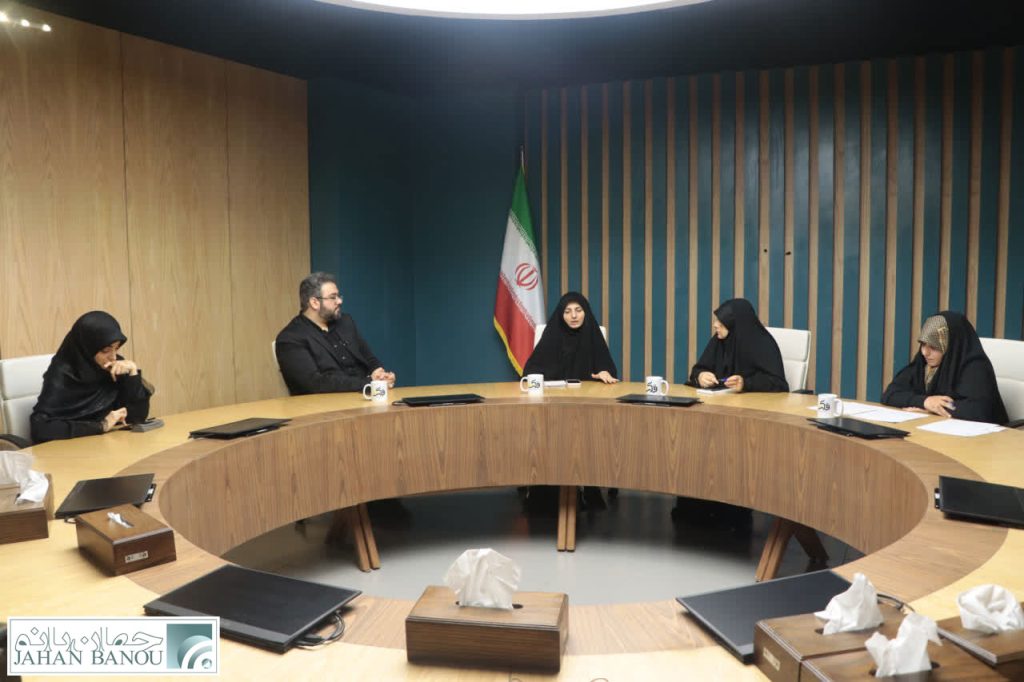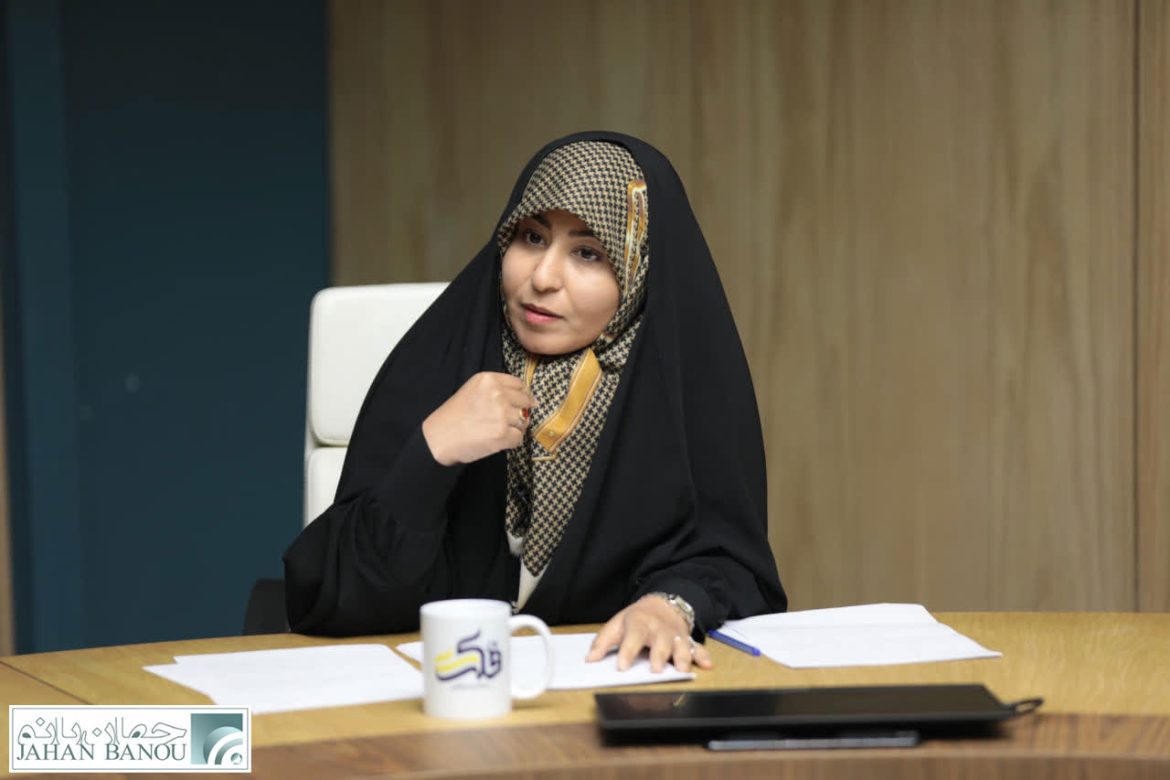In a thought‑provoking online seminar hosted by Fekrat Media, a panel including Atefeh Sadeghi, Fatemeh Raigani, and Atefeh Khademi explored the complex dynamics of women’s leadership initiatives in Sudan and Iran. Against the backdrop of global power, colonial discourse, and local political struggles, they examined how the concept of women’s agency can be instrumentalized — and who ultimately benefits.
Feminism, Power, and Colonial Narratives
Dr. Sadeghi opened the discussion by framing her reflections in an interdisciplinary context. She argued that “Eastern colonial feminism” is a branch of postcolonial feminism, mostly shaped by Muslim women from the Middle East. Rather than being purely liberating, she said, this discourse often positions Eastern women as silent victims in need of rescue — a narrative that ultimately serves colonial powers.
She posed two critical questions:
- Why does the “woman question” in Islamic societies become a tool in the hands of colonial powers?
- Who truly benefits from women’s movements?
The Case of Sudan: Leadership or Leverage?
Dr. Sadeghi used Sudan’s 2019 revolution as a case study. She pointed out that while women demanded greater public and political participation, their gains in development indicators such as education and health remained limited. The revolutionary slogan of freedom, she argued, often became co-opted by global agendas. What starts as a grassroots call for emancipation can morph into a piece in a broader geopolitical game.

Transnational Identity and Muslim Women
Another core issue, according to Sadeghi, is the lack of a transnational identity among Muslim women. She observed that while the Arab world often speaks of the “Arab woman” — a unifying cultural and collective experience — there is no comparable identity like “Shia woman” that transcends national lines in Iran. The only significant shared phenomenon, she said, might be religious pilgrimages like Arba‘īn, but even that has not matured into a fully-fledged social or political identity.
Without a shared identity, she suggested, Muslim women may unwittingly become agents of colonial influence, because they lack the political and cultural awareness to see whose interests their activism ultimately serves.
The Situation in Iran: Misunderstandings & External Exploitation
Turning to Iran, Sadeghi argued that the societal role of women is still not clearly understood within a modern Islamic framework. In Iran, she said, gender norms — especially around dress and public presence — are often treated as the main pillars of Islamic identity. But the 2022 protests demonstrated that true Islamic legitimacy must go beyond external enforcement, and be rooted in governance and justice.
Sadeghi criticized both major political currents in Iran: she claimed conservatives tend to deny women’s issues entirely, while reformists import Western feminist models without adapting them to local realities. This divide, she warned, opens the door for foreign powers — especially Israel, she claimed — to exploit women’s discontent for their own agendas.
Theoretical Foundations: From Spivak to Pharis
Sadeghi also referred to key theorists in postcolonial and feminist thought. She cited Gayatri Spivak, whose seminal essay “Can the Subaltern Speak?” argues that Western powers often speak for Eastern women under the guise of saving them.
She mentioned Leila Abu-Lughod and her book “Do Muslim Women Need Saving?”, in which Abu-Lughod demonstrates how women’s rights narratives after September 11 have become moral tools to justify war and sanctions.
Sadeghi also discussed Sara Farris and her concept of “femonationalism” — the idea that Western states use feminist language to rationalize anti-immigration and Islamophobic policies.
Anti-Colonial Feminism in Persian Literature
Sadeghi devoted part of her talk to Persian-language literature. She highlighted authors such as Simin Daneshvar, Ghazaleh Alizadeh, and Shahrnush Parsipur who resisted both colonialism and imperfect modernity. Unlike secular feminists, these writers were highly aware of colonial undertones in Western feminist discourse, and emphasized the importance of crafting a homegrown narrative of womanhood.
She argued that similar themes appear in Afghan literature and even in the works of male Iranian writers like Chubak and Dowlatabadi — demonstrating a broader cultural consciousness that resists external ideological frameworks.
Israel, “Pinkwashing,” and Colonial Gender Politics
Sadeghi’s final critique focused sharply on Israel’s role. She accused Israel of using pinkwashing — the strategy of showcasing gender freedoms — to sanitize its image internationally, even while Palestinian women and children suffer under occupation. She drew on theorists like Abu-Lughod and Judith Butler to argue that when women’s rights become mere instruments of security politics, they cease to be feminism and become a tool of domination.
In her view, no real feminist movement can justify occupation or violence — defending women means defending all life.
Reimagining Muslim Women’s Agency
Closing the seminar, Dr. Sadeghi made a passionate call: Muslim women, especially in the Middle East and Iran, must be recognized as active, creative subjects — not as objects legitimizing oppressive power. She urged intellectual, academic, and cultural movements to rethink the notions of woman, identity, and freedom through the lens of their own history — not one imposed from abroad. Only then, she said, can genuine agency and self-determined leadership emerge.
Reporter: Mahta Sanei


